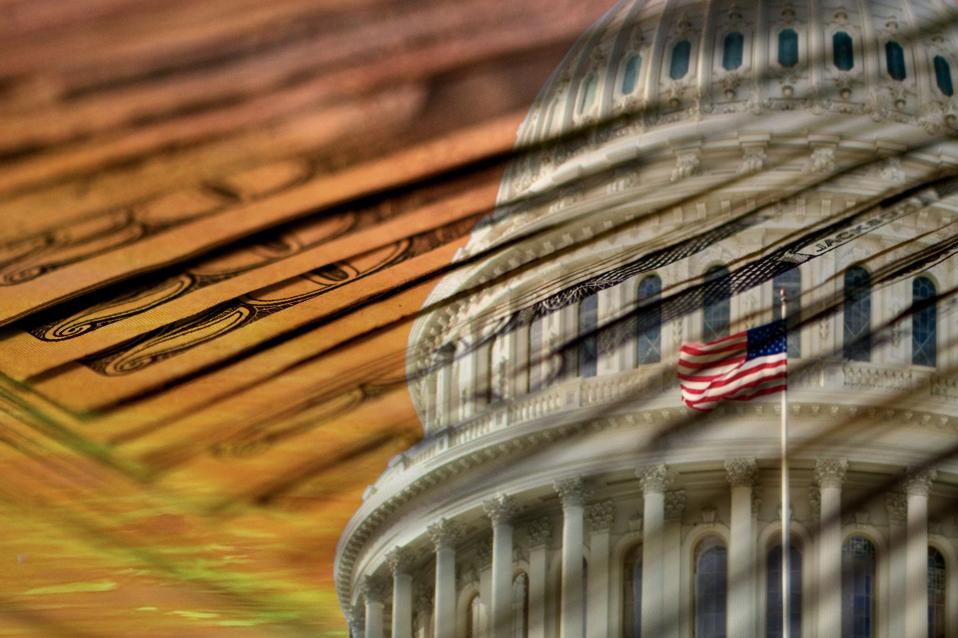Washington, D.C., is set to implement amendments to the DC Wage Transparency Act of 2014 with the recent signing of legislation by Mayor Muriel Bowser on January 12. The amendments, scheduled to go into effect on June 30, 2024, pending Congressional approval, bring significant changes to pay transparency and wage history practices for covered employers.
Washington DC’s Wage Transparency Omnibus Amendment Act of 2023, mandates that covered employers disclose pay ranges in all job postings and advertisements. This includes providing the minimum and maximum projected salary or hourly pay, with a requirement that the employer believes, in good faith, that they would offer this pay at the time of posting. Additionally, employers must now disclose the existence of other benefits, such as healthcare and bonuses, to prospective employees before the first interview. While these benefits do not need to be included in the job posting, employers must communicate them to candidates. Employers must share pay range and benefit information with prospective employees upon request.
The amendments expand protections regarding pay history, prohibiting employers from screening prospective employees based on wage history. Employers are also barred from requesting wage history from a candidate’s prior employer. Discussions of “compensation,” defined broadly as all forms of “monetary and non-monetary benefits” provided to an employee, are now protected. As a result, employees are free to discuss all forms of pay and benefits with each other. Employers may not retaliate against employees making compensation inquiries.
Employers must post a notice in a conspicuous place where employees gather, informing them of their rights under the Wage Transparency Omnibus Amendment Act of 2023. While the text of the notice has not been published, it should generally include the Act’s rights to discuss, inquire about, or compare wages without fear of retaliation.
The Act does not provide a private right of action. Therefore, an individual is not permitted to file a lawsuit alleging violations of the Act. However, the Office of the Attorney General is empowered to investigate violations, initiate civil actions against violators, and seek remedies for affected individuals or the public. Civil fines for violations range from $1,000 to $20,000 per occurrence.
Coverage for the Act applies to private employers in DC with 25 or more employees. It does not apply to employment with the District of Columbia or the federal government. Notably, the Act does not specify if it applies to positions that remote employees could fill.
Because Congress controls D.C.’s budget, it has authority over the District’s legislation. As a result, the Act is currently under the 30-day Congressional review period. If Congress approves or its review period expires, the law takes effect on June 30, 2024.
D.C. employers covered by the Act should review and update job postings, ensuring compliance with pay transparency requirements. Employers should also prepare to disclose benefit information and refrain from requesting historical pay information during the hiring process. Personnel involved in the hiring process should be trained in responding to pay and benefit inquiries. Employers should take proactive steps to comply with the new requirements and ensure a smooth transition as the law becomes effective.

